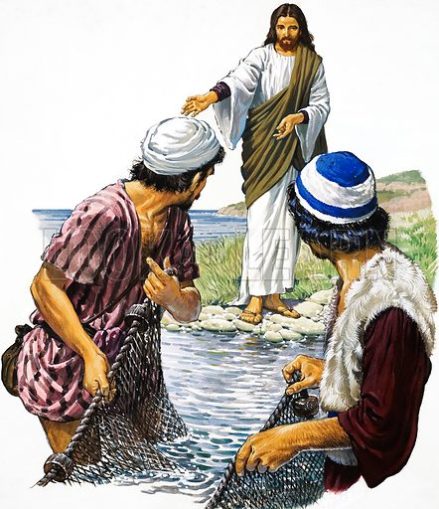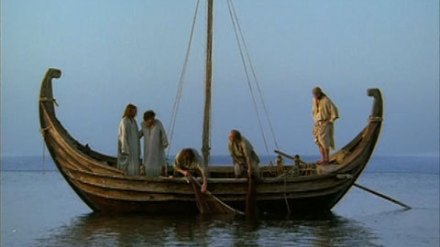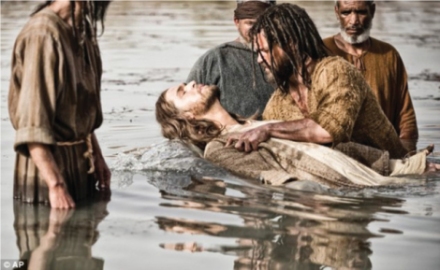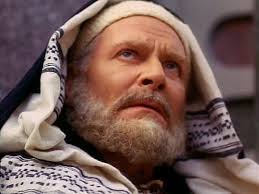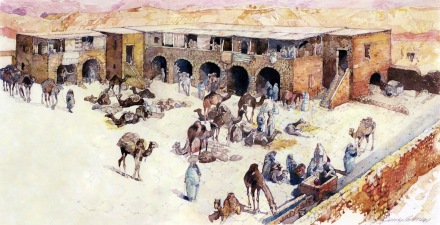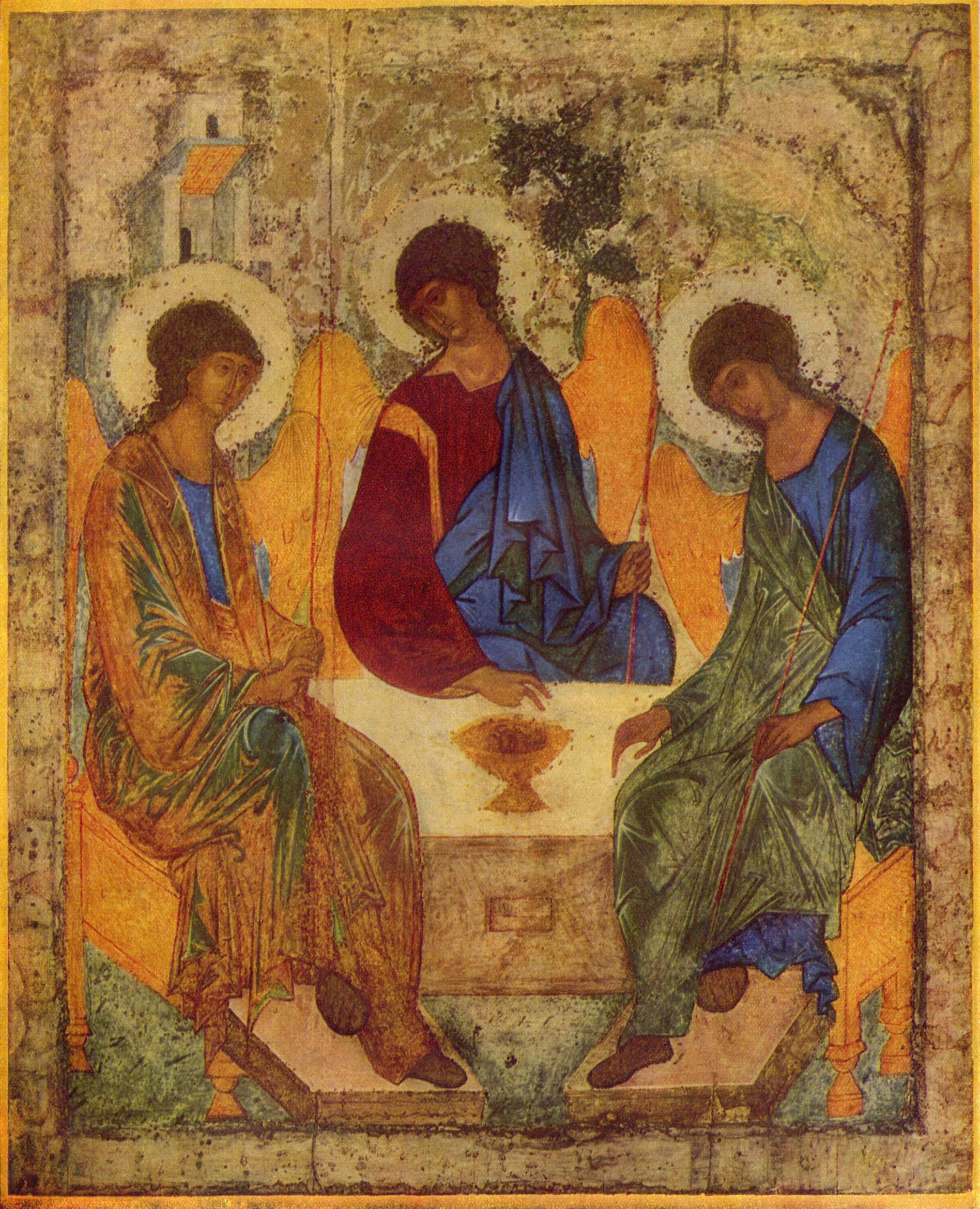For the first time I have no congregation to try out my stories on, so here goes:
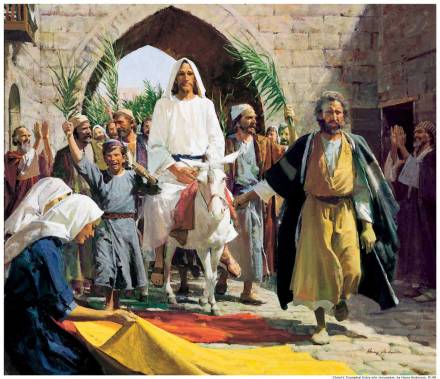
Palm Sunday
He kept on telling us that all would be clear on the third day. We had no idea at all what he meant. We should have done he told us in different ways at different times repeatedly, but still we did not understand. How could we, what was to happen was so far beyond our experience of life that we could not make sense of it. Even in the middle of what was going on, nothing made sense.
The last day anything made sense was the day we spent with Mary, Martha and Lazarus in Bethany. We ate and drank slept and talked just as we had always done, and if Jesus was a little distracted, we did not notice. I did not notice. When we got up that morning Jesus sent James and I to a field just outside the village. He told us that we would find a donkey and a colt there. We were to bring them back to the house. James asked the sensible question,
‘Does the owner know we are coming for his donkey or are we stealing it?’
Jesus turned a stern eye on him,
‘I have taught you that you should love your neighbour. If you love your neighbour you do not steal his donkey. If he says anything to you, just say
“The Master has need of it”, he will understand and let you take the animal.’
And he was right. The owner came storming out of his house when he saw us inexpertly trying to put a rope around the neck of the donkey – why did Jesus send two fishermen to do a farmer’s work! – but as we yelled the words Jesus had told us, the man lowered the club he was waving at us, said “Alright” and went back into his house. When we finally got the rope around its neck, the donkey came willingly, and its colt trotted by its side without us needing to put a rope on it as well.
When we got back to Lazarus’ house, the others had had a good laugh at our difficulties with the donkey. We stood around looking at the animal and began to realise that if Jesus were going to want to ride in this beast we should have borrowed a blanket to put on the animal’s back to make the ride more comfortable. Peter, as usual was the first to offer a solution. He stripped off his cloak, folded it and put it over the animal’s back, then turned and looked challengingly at the rest of us. I took my cloak of as well, and so did Matthew, and by that time the animal was well padded. But we were rather bothered. Why did Jesus want to ride into Jerusalem? Jesus walked everywhere. There was the long impatient stride when something needed doing or saying quickly or an amble as he talked and taught, but he always walked. He was occasionally offered a beast to ride by a supporter, but always turned the offer down. Why now on this short walk did he want to arrive in Jerusalem on a donkey?
Judas had long and often told us that he was waiting for Jesus to mount a big horse, wave a sword and gallop through the streets of the villages and towns raising an army to challenge the Romans. Most of the rest of us could not imagine that happening. Oh there is no doubt that Jesus could have raised an army. He was charismatic enough. He was well enough liked. People may well have laid down their lives for his cause, but his cause had never appeared to be rousting the Romans. His cause was the relationship between Yahweh and his people, and to the Romans he was supremely indifferent, it was people he was interested in, and if on occasions they were Romans or Samaritans, then that didn’t seem to matter. For all there was the possibility of a relationship with Yahweh, if they just turned to him
So we set off down the road to Jerusalem in silence, wondering what was going to happen, if anything. When we got to the bottom Jesus stopped the donkey and turned to us,
‘Go on ahead and let the people sitting at the gate know that I am coming.’
So we went on ahead, and told the people at the gate that the prophet Jesus of Nazareth was on his way. Much to our surprise the conversations stopped and the able bodied got up. Some went to tell their friends that Jesus was coming, some started to climb nearby trees, and break into gardens, and strip the palm trees of their branches, these they threw down onto the road. Children picked some of the branches up and began to wave them experimentally. Some of the less able stood and removed their cloaks and laid them down in the road, then as Jesus approached the gate the cry went up from one old man, quoting from the Psalms;
‘Hosannah to the Son of David, Blessed is he who comes in the name of the Lord’
The cry was picked up by people next to him, and the next, until in the narrow confines of the street, the echoes were bouncing off the walls, repeating ‘Hosannah’ again and again. People came out of their houses and stood, some just watched, others joined in. In one place the noise dropped for just one moment and a clear voice could be heard complaining at the noise. Jesus, who had been looking steadfastly forward and onward, turned his head and said softly, though all around heard,
‘Even if these people did not shout for me now, the very stones of these houses would shout out.’
We headed resolutely upwards through the streets until we reached the Temple Mount, there Jesus got off the donkey, and handing the reins to a nearby man, asked him to return it to its owner in Bethany. He then walked though into the Temple, sat down in the Portico, and began to teach, as if nothing different had happened.
At our meal that evening, in the house of one of our followers, the question was raised as to why Jesus had wanted to come into Jerusalem on a donkey. Jesus himself said nothing for quite a while, letting us argue about the custom of throwing things in the path of an important visitor. Then someone said that Romans liked to wave palm branches when they had great triumphal processions welcoming their heroes home from battle. Jesus had not been in a battle, so that was dismissed quickly. When we had argued ourselves out, we all turned to him.
‘Who is right,?’ we asked.
‘None of you are.’ he replied ‘In the writings of the prophet Zechariah, he prophecies that Zion’s king will come victorious, riding on a donkey. Today I have fulfilled that prophecy.’
We were all silenced. We had fought no battle, won no victory, so how could he be victorious? Jesus looked at us each one by one, and seeing no spark of understanding in any of us, sighed, and turning, wrapped himself in his cloak and settled himself to sleep. We looked at each other in silence, knowing that yet again we had failed him, somehow.

